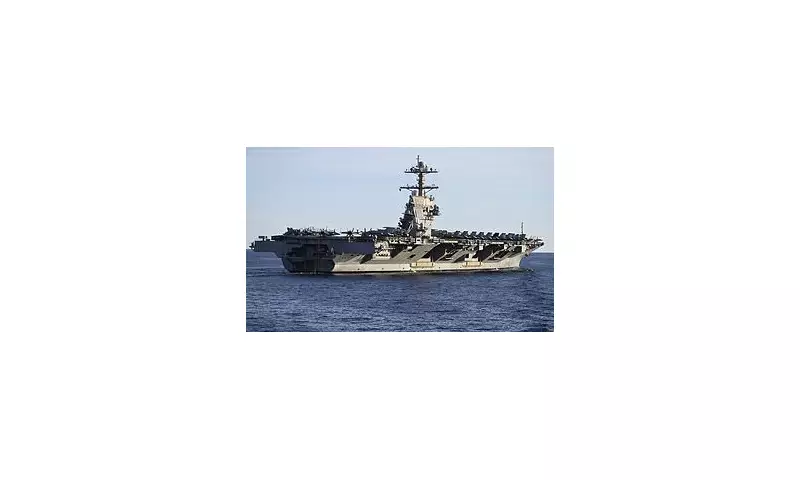
In a stunning display of naval power that signals a major intensification of the war on drugs, former President Donald Trump has ordered the world's largest aircraft carrier to spearhead a massive counter-narcotics operation throughout the Caribbean region.
Naval Power Unleashed
The USS George Washington, a nuclear-powered Nimitz-class supercarrier, has been deployed as the centrepiece of what military officials are calling the most significant anti-drug operation in recent memory. The vessel's arrival in Caribbean waters represents a dramatic shift in strategy, bringing unprecedented firepower to bear against drug trafficking networks.
This deployment marks Trump's most aggressive move yet in his longstanding campaign against narcotics smuggling, with the carrier strike group providing surveillance, interception, and rapid response capabilities across thousands of square miles of ocean.
Strategic Implications
Military analysts describe the move as both symbolic and strategic. The presence of the 100,000-ton warship, capable of carrying nearly 90 aircraft, sends a powerful message to cartels and smuggling organisations while significantly enhancing the United States' ability to monitor and disrupt trafficking routes.
The operation comes amid growing concerns about escalating drug violence and the increasing sophistication of smuggling techniques, which have challenged conventional interdiction methods. The carrier's advanced radar systems and aircraft complement will provide comprehensive monitoring of air and sea approaches.
Regional Impact
Caribbean nations have expressed mixed reactions to the heightened military presence. While some welcome the additional security support, others worry about the implications for sovereignty and the potential escalation of violence in regional waters.
The deployment coincides with increased cooperation between US agencies and Caribbean counterparts, though the arrival of the massive warship undoubtedly changes the dynamic of these partnerships.
This bold military manoeuvre represents Trump's commitment to his hardline stance on drug enforcement, even as debates continue about the effectiveness and consequences of such aggressive interdiction strategies in the long-running war on drugs.





